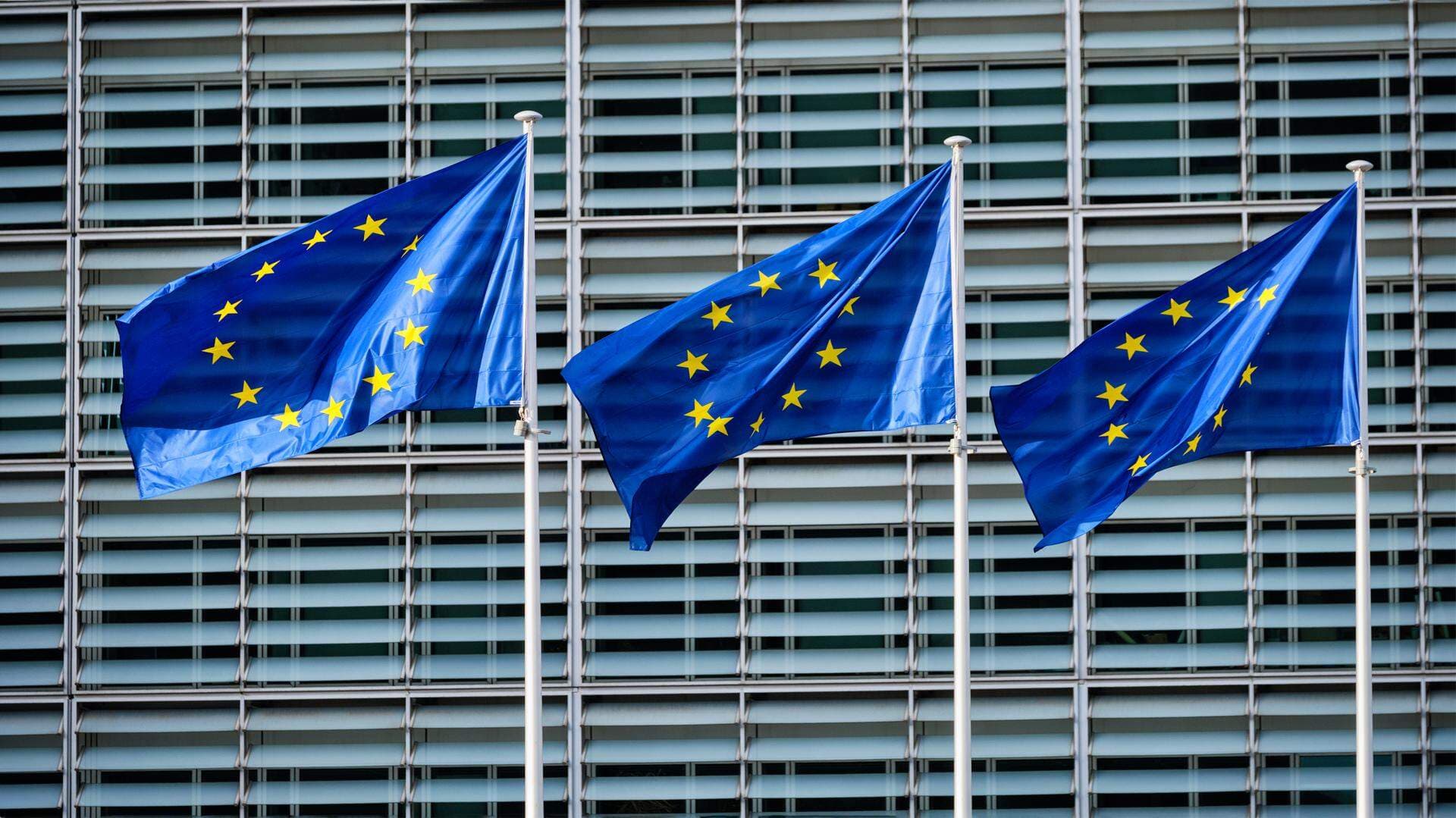Did the Commission propose an emergency instrument that may hamper the fundamental idea of the EU single market?

The Confederation of Swedish Enterprise was given the opportunity to comment on a consultation, launched by the Swedish government, on the European Commission’s proposal for a Single Market Emergency Instrument (SMEI). Below, we provide our overall comments. Overall, the Confederation is opposed the proposal, as it considers that it is too far-reaching throughout. For an emergency instrument to be useful in a future crisis, we believe that it should focus exclusively on those aspects capable of strengthening the single market by ensuring the free movement of persons, services and goods during a crisis.
In order to ensure that SMEI functions purely as an emergency instrument, it is essential that all references to supply chains are removed. Obstacles in supply chains are all part of the day-to-day function of businesses in a global market; if called for, these need to be addressed with bespoke measures. Therefore, supply chains should not be the subject of an emergency instrument.
The Confederation of Swedish Enterprise sees a clear risk that the proposal will create a situation of de facto mandatory information gathering from businesses. If Member States are to fulfil any requirement to provide information on stock levels and shortages to the European Commission, they will consequently have to create national reporting requirements in order to obtain that information from businesses. This is in spite of the fact that the proposal stipulates that providing such information is to be voluntary. The Confederation of Swedish Enterprise foresees that this would most likely result in national over-implementation.
The requirement to establish strategic reserves should only apply to those businesses that have signed relevant supply agreements with Member States; it should not be the case for all businesses based in a given country. Having systems that are able to adapt to and comply with such requests in the event of a crisis risks imposing substantially increased costs on businesses.
Furthermore, the proposal grants the European Commission excessive powers; powers that are overly intrusive into individual business operations and their rights in terms of corporate confidentiality. Furthermore, the Confederation of Swedish Enterprise questions whether the Commission has the mandate and understanding to propose so called ‘priority-rated orders’.
Finally, to end on a more positive note, the Confederation of Swedish Enterprise is positive to the measures re-establishing and facilitating free movement on the single market. However, it must be made clear that any measures must not in any way limit those obligations to maintain free movement that already apply under the EU Treaty.
The full version of Swedish Enterprise comments can be found below.